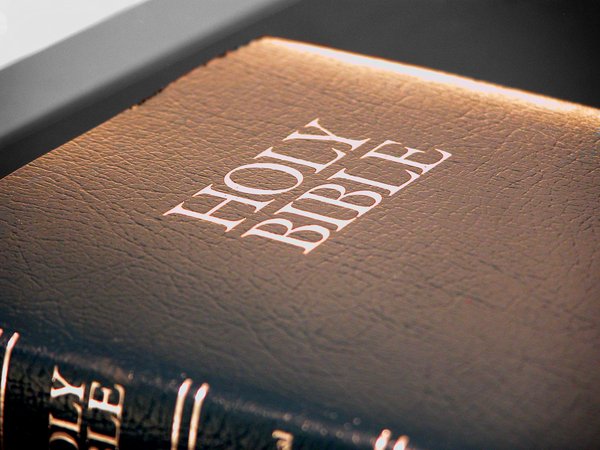Lorehaven Sacred Scrolls faith statement
All Lorehaven staff creators and guest writers as well as Quest Guides in the Lorehaven Guild must agree with our Sacred Scrolls faith statement.
All Lorehaven staff creators and guest writers, as well as Quest Guides in the Lorehaven Guild, must agree with our Sacred Scrolls faith statement.
(Christian authors whose novels we list or review may choose to affirm any comparable orthodox faith statement, though not necessarily this statement.)
- The Bible. Scripture is our only inerrant, authoritative, and sufficient word of God. Men wrote the Bible by inspiration of the Holy Spirit. Each book reflects its human author’s personality, language, and genre choices, yet flows into a single narrative called the Gospel. The Bible consists of sixty-six books in Old and New Testaments. (Good translations give us confidence to know God’s intent.)
- God. God is our Creator and our sovereign ruler of all things in Heaven and Earth. He eternally exists in three Persons: the Father, the Son, and the Holy Spirit. He alone has the right to define natural law and moral law; all beauty, goodness, and truth; and any virtues such as love, holiness, and wrath.
- Creation. God created and rules his universe as its ultimate authority. God’s creation can and does reflect certain divine attributes. All real beauty, goodness, and truth comes from God, even in a world that rejects him.
- Humanity. God created human beings in his own image, giving us creative abilities, a call to steward the Earth, and moral responsibility for our choices. The “chief end” of all people is to glorify God and enjoy him forever. Adam and Eve, however, rejected this purpose and chose to rebel against God’s command.
- Creation’s curse. Adam’s and Eve’s choice brought God’s curse of death upon the world. This will lead to a person’s eternal separation from God in a place called Hell. God’s curse also affects his own creation and all of our creative works—including our storytelling and culture-making—with sin, idolatry, suffering, trauma, and death. Because we bear God’s image, our stories may reflect glimpses of God’s beauty, goodness, and truth, yet they often show these virtues broken and distorted. For now, we need discernment to best enjoy God’s world and human creations.
- Jesus Christ. God started his epic gospel redemption narrative in Genesis 3, then gave mankind a tutor in the Old Testament Law—a temporary guardian until Jesus arrived to fulfill this Law. We believe Jesus Christ is fully God and fully man, born of a virgin. He lived a perfect life, worked real miracles, and recruited disciples. He fought false teaching and used sermons and stories alike to teach his followers about his Kingdom. Jesus surrendered his life to crucifixion, suffering real death as final atonement for sinners. Three days later he resurrected himself from death in a physical body. Later he ascended to Heaven to sit at his Father’s right hand, reigning and planning his return.
- Salvation. Jesus calls all people to repent of their sin and be “born again,” that is, spiritually regenerated and reconciled to our loving God. A person may see this conversion in a moment, early in life, or even over time. (Christians of good faith can debate the order or doctrinal priority of the salvation process.) Anyone is saved according to the Scripture alone, by God’s grace alone, through faith alone, in the perfect work of Jesus Christ alone, for the glory of God alone.
- The Church. By the Holy Spirit, God organizes a Kingdom of redeemed saints. This is called the Church (capital C), consisting of many local churches (small C). A local church is defined by many requirements, among them biblical teaching, fellowship, worship, regular meetings, and membership limited to Christians. All biblical Christians must join a local church in some way, or else actively seek out qualifying local churches in their area. Good Christians may disagree with minor doctrine points, or suffer serious harm from church abuse or false teaching. But these experiences, even if hurtful, do not disqualify local church participation.
- Marriage and family. God gave humans many individual freedoms, yet defines marriage as one man and one woman uniting in a lifetime covenant. God intends marriage and family to help us reflect Christ’s love for his Church, to share the good of wedlock, to bear children, and to fill the Earth as stewards of God’s creation. In a fallen world, people may struggle with the effects of sin, such as divorce, male/female identities, unnatural attractions, or reproductive issues. God is faithful to help Christians endure trauma, temptations, and other weakness without sinning, and will redeem repentant saints at the resurrection. (Biblical Christians must confront many questions. But as of this statement, our culture is specifically subverting marriage and family. That fact requires this item.)
- Resurrection. Jesus Christ will personally return to Earth! He will complete his redemption of all things under his kingship. He will resurrect the saved and the lost. Jesus will perfectly judge all people, rewarding his adopted children with eternal happiness, and punishing all who reject him with eternal and conscious suffering in place the Bible calls the lake of fire. He will restore all things by renewing this universe, called the New Heavens and the New Earth. In this world, every restored person will finally be able to worship God forever in all our adventures—exploring, working, playing, creating, and enjoying all for his glory.





























Share your thoughts, faithful reader (and stay wholesome!)